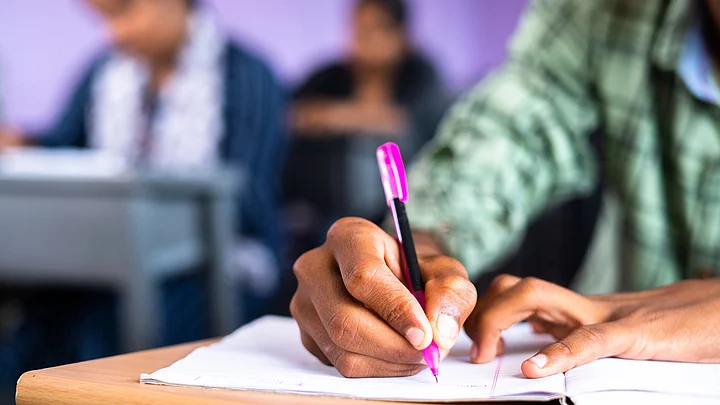Amid a spike in the number of students who died by suicide this year, the Ministry of Education on Tuesday, 3 October, issued draft guidelines for schools to prevent them.
Details: The draft guidelines are called UMMEED (Understand, Motivate, Manage, Empathise, Empower, Develop).
The education ministry has asked for the public's feedback on the draft guidelines.
Zoom in: These guidelines which were drafted on the principle that “every child matters,” suggest the following:
Setting up a School Wellness Team in all institutes
Setting up ways to identify students who might be at risk of self-harm or those who might be showing warning signs
Acting as first responders to support students who might need help
Schools should “enhance” sensitivity and understanding towards students
Stigma around suicidal tendencies and behaviour should be reduced
Schools and parents should partner to prevent self-harm in students
Not comparing students or pitting them against each other
Anything else? The ministry has also proposed some smaller and immediate changes such as:
Locking all empty classrooms
Not having any dark corridors or areas in schools
Clean the garden areas or wherever there’s excess grass
Why it matters: These guidelines from the Centre come at a time when at least 26 cases of deaths by suicide were reported from Rajasthan’s Kota – India’s biggest coaching hub for JEE and NEET aspirants – in 2023 alone.
Know more: Acknowledging that students can experience extreme stress in school due to multiple factors, the guidelines also suggest that parents and teachers be given an year-long orientation on how to spread awareness about student suicides and act as first responders.
“A School Wellness Team may be formed under the leadership of the school principal, where each SWT member is oriented in handling crisis situations. When a student displaying warning signs has been identified, they need to be reported to the SWT, which takes immediate action,” the guidelines read.
Some context: The Centre's draft comes just days after the Rajasthan government too issued guidelines to coaching institutes in Kota that were framed after holding consultations with various stakeholders.
The Rajasthan government guidelines had suggested weekly holidays, confidential test results, and an easy exit policy, among other measures, to reduce the pressure on students. Read more here.
(At The Quint, we question everything. Play an active role in shaping our journalism by becoming a member today.)
